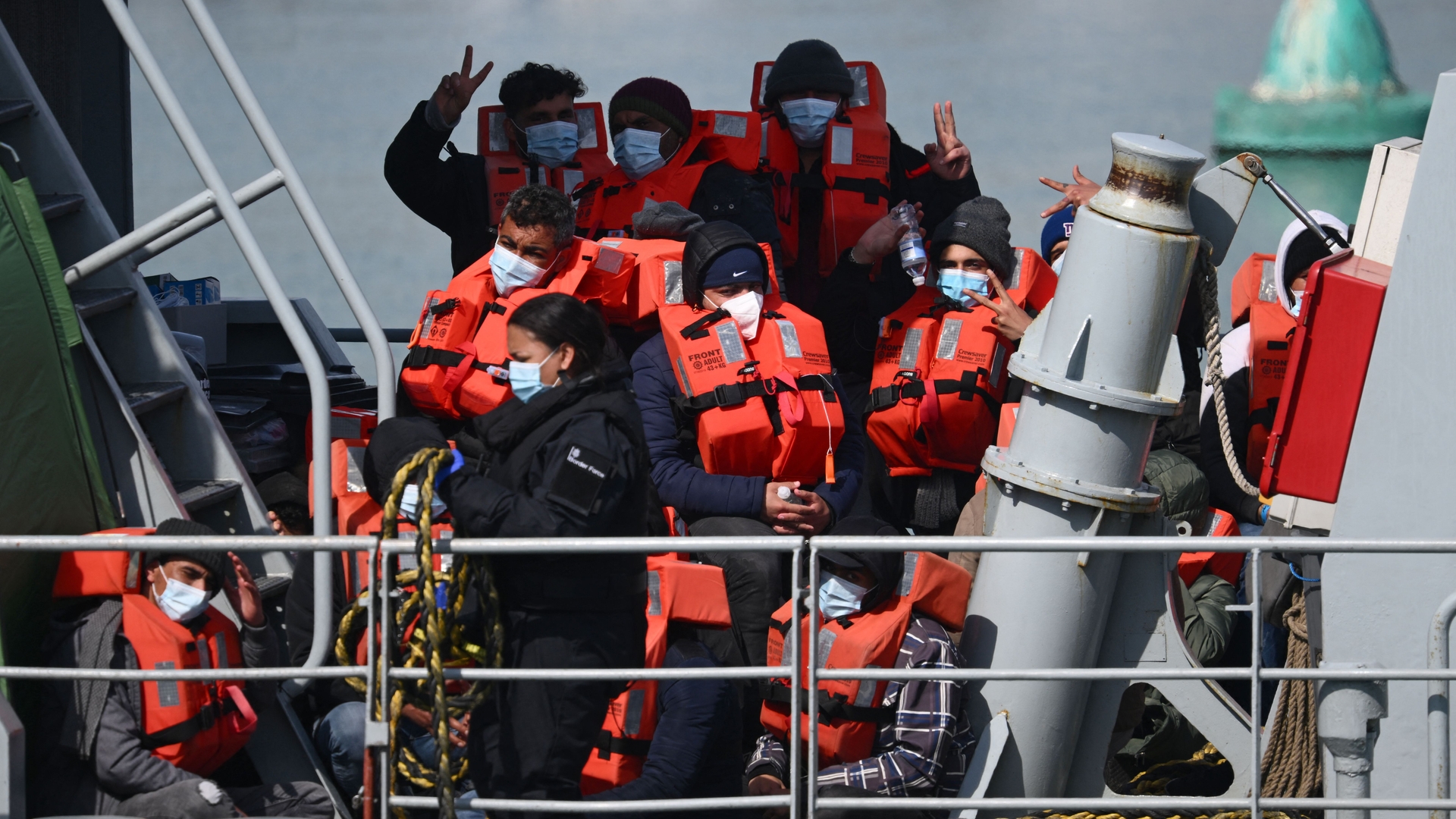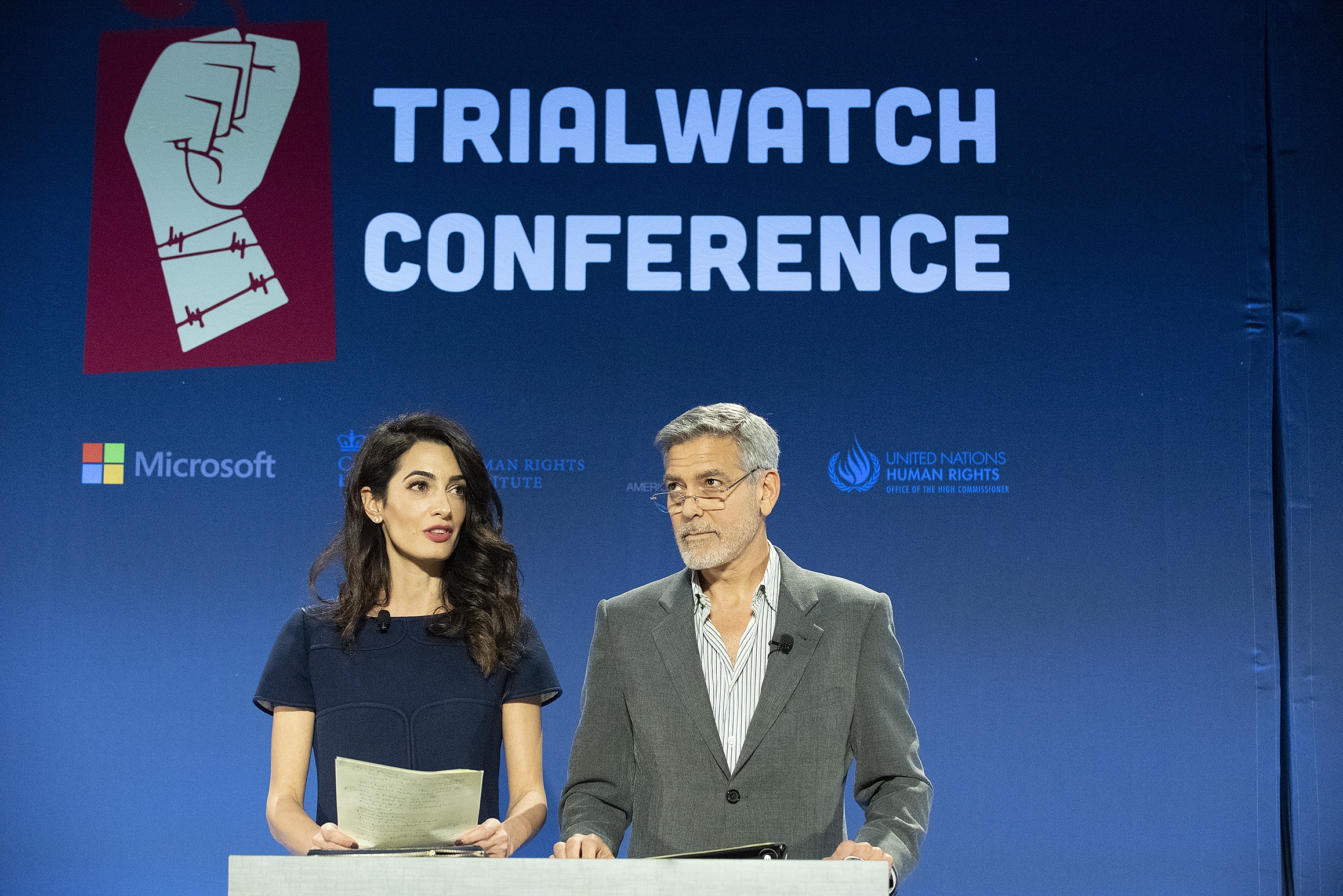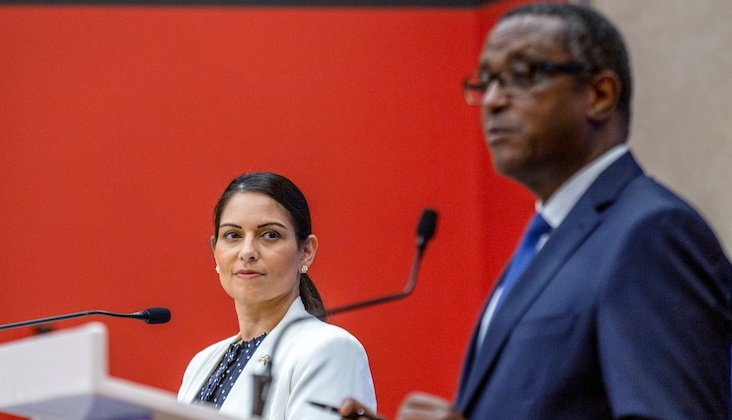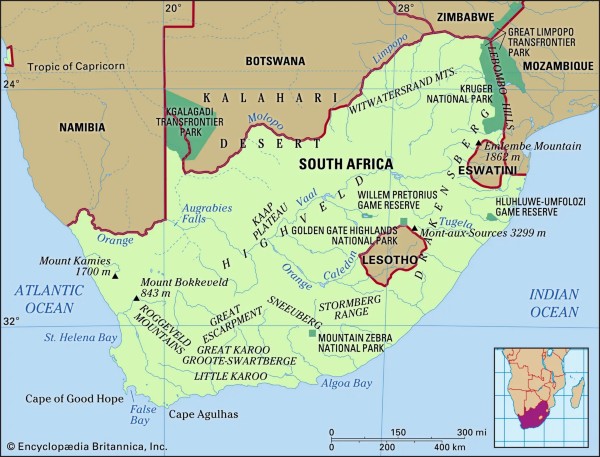International
Justin Welby is wrong about Rwanda

The
Archbishop of Canterbury’s Easter sermon was quite something; forcefully
delivered, arrestingly put. At the heart of it was his corruscating criticism
of the Government plans to deport asylum seekers to Rwanda; it was framed to
capture the news agenda and released in advance of its delivery.
‘The
details [of the plan] are for politics and politicians’, he said. ‘The
principle must stand the judgement of God and it cannot. It cannot carry the
weight of resurrection justice, of life conquering death. It cannot carry the
weight of the resurrection that was first to the least valued, for it
privileges the rich and strong. And it cannot carry the weight of our national
responsibility as a country formed by Christian values, because subcontracting
out our responsibilities, even to a country that seeks to do well like Rwanda,
is the opposite of the nature of God who himself took responsibility for our
failures.’
I am
not so stupid as to suggest that clergy should stay out of politics
I’m
not sure myself that Christ was crucified so that asylum seekers from France
should be admitted to Britain. The Archbishop prudently left the details to the
politicians. Well, the crux of the thing is precisely in the detail. The people
arriving in boats are not actually fleeing persecution; they are fleeing EU
countries where they are not persecuted at all.
I
accept that some of them have weathered dreadful experiences. I know a health
care assistant who noted a marked increase in the number of asylum seekers
coming to his clinic in west London in recent months, with a peak before
Christmas. And he did indeed treat people with the marks of burning and shooting
and torture. The worst case had actually come from Iraq via …Denmark.
The
man was upset because he had left his family behind, in Denmark, and wanted
them to join him. Now many of us would find life in the happiest country on
earth rather taxing; but it’s not quite the same as say, Iraq or Syria, if you
fall foul of the security forces.
Neither
do I accept that the system privileges the ‘rich and powerful’, if by that we
mean the UK. The system does indeed privilege the rich in that it is only those
with the means to pay people traffickers – tens of thousands of dollars in some
cases – who can actually make it on those boats. As Paul Collier and Alexander
Betts make clear in their thoughtful book, Refuge, it’s the poorest who are
left behind. The young men coming ashore in Kent making victory signs aren’t
the weakest or the most deserving; they’re those with the stamina and means to
get this far.
Certainly,
as the reading that preceded the Gospel in the service today makes clear, ‘God
has no favourites’. By this was meant Jews and Gentiles, but by all means, make
the point that asylum seekers are of equal worth to Spectator readers.
But it doesn’t follow that this prescribes any particular asylum policy. When
the Archbishop says that the deportation to Rwanda policy ‘cannot carry the
weight of our national responsibility as a country formed by Christian values’,
he's being a little disingenuous.
When
Britain was far more overtly Christian than it is now – say, a couple of
generations ago – it actually had a far more restrictive approach to
immigration and asylum. The concept that anyone who wanted to come, should be
able to come, is pretty well a product of the Blair government’s opening the
floodgates from 1997, 25 years ago. Before that, yearly immigration levels were
in the tens of thousands; asylum claims were far lower than now but were
probably dealt with more individually than at present.
As I
say, declaring that ‘the details are for politicians’ leaves an important
question hanging: should anyone who wants to come to Britain, and can get to
Britain, be allowed to stay? Who should be returned? Of the 600 a day who
arrive here by boat alone (leaving out of account every other means of entry),
only two per cent have passports; should they by virtue of abandoning their
identity documents automatically be granted leave to remain? When is it right
to return people either back to where they came from, or indeed to Rwanda? (He
doesn’t suggest they will be persecuted there.) And what about the EU countries
on the frontline of the asylum influx (on a scale that far surpasses Britain);
are they ever justified in turning back boats? How many people must European
countries admit? And if the Archbishop thinks there can be no sending back
asylum seekers or economic migrants, he must say so. But he must also
acknowledge the consequences for the host countries.
I am
not so stupid as to suggest that clergy should stay out of politics; the
Archbishop was speaking in Canterbury cathedral where Thomas Becket was killed
for taking issue with the king. But the Archbishop – like Pope Francis in other
contexts – is being disingenuous in criticising a government policy as
unChristian without any attempt to acknowledge the scale and nature of the
problem it is designed to address.
Source: www.spectator.co.uk






